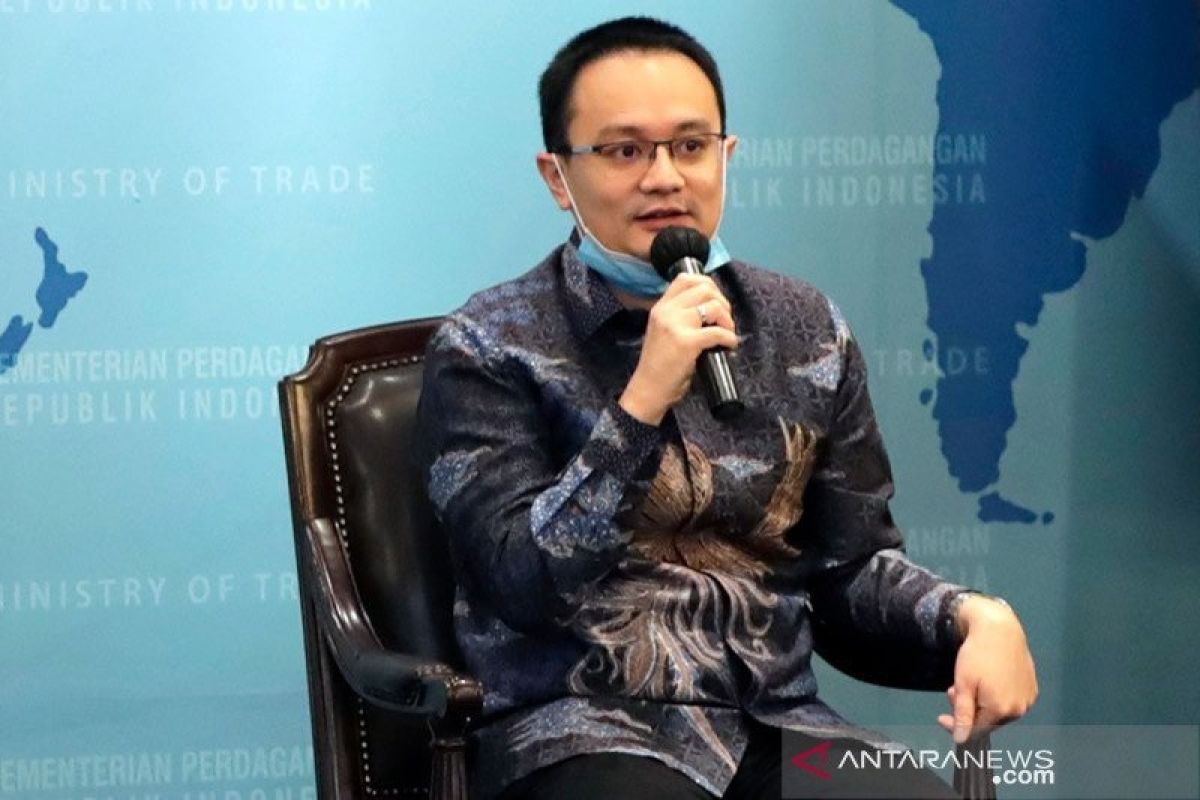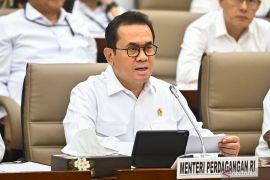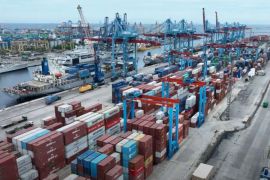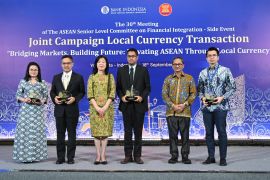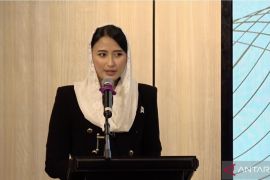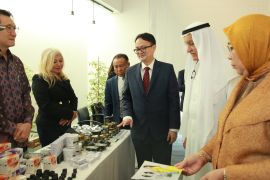The trade agreement will provide incentive, in terms of tariff and non-tariff, for several Indonesian export productsJakarta (ANTARA) - Deputy Minister of Trade Jerry Sambuaga expressed belief that the free trade agreement will boost the diversification of exports from the perspective of products and destination regions.
"There is a need to diversify, both in terms of the destination country and type of product, one way for it being through the trade deal. The trade agreement will provide incentive, in terms of tariff and non-tariff, for several Indonesian export products," Sambuaga noted during a webinar on Economic Diplomacy for National Leader organized by the central bank, Bank Indonesia.
In a statement here on Wednesday, Sambuaga remarked that Indonesia’s top 10 export products had contributed over 59 percent to the country's total export value, and 10 top importer countries, with 60 percent of the contribution to Indonesia's exports.
"For instance, the Indonesia-Australia Comprehensive Economic Partnership Agreement (CEPA) offers zero-percent tariff for some 6,900 Indonesian products. Similarly, with other trade deals, this is an opportunity for alternative products to grow," he expounded.
Additionally, the trade agreement will open up new markets for Indonesia. The country has targeted Africa and South America as potential markets in addition to East Europe, Southeast Europe, South Asia, and the Middle East.
Indonesia finalized the Preferential Trade Agreement (PTA) with Mozambique that is projected to help the country make inroads into potential markets in central and southern parts of Africa.
"In South America, we have the Indonesia-Chile CEPA that has proven to significantly increase the benefits of the letter of origin. Hence, Indonesia could penetrate other markets around the country," he remarked.
Indonesia's exports to some potential regions have grown considerably in January. Exports to South Africa grew 138.15 percent year-on-year (yoy) and 57.7 percent yoy to East Africa.
Export to other regions that have trade deals with Indonesia also increased, including to Southeast Asia, with a growth of 10.86 percent, and Australia, 22.77 percent.
"Market expansion and wider access for alternative products to the market will also attract both domestic and foreign investors. Hence, economic growth would be followed by labor absorption and improvement of the people's welfare," he stated. Related news: Government trying to stoke public consumption: minister
Related news: Indonesia booked US$1.96-billion trade surplus in January 2021
Translator: Sella P Gareta, Sri Haryati
Editor: Gusti Nur Cahya Aryani
Copyright © ANTARA 2021
